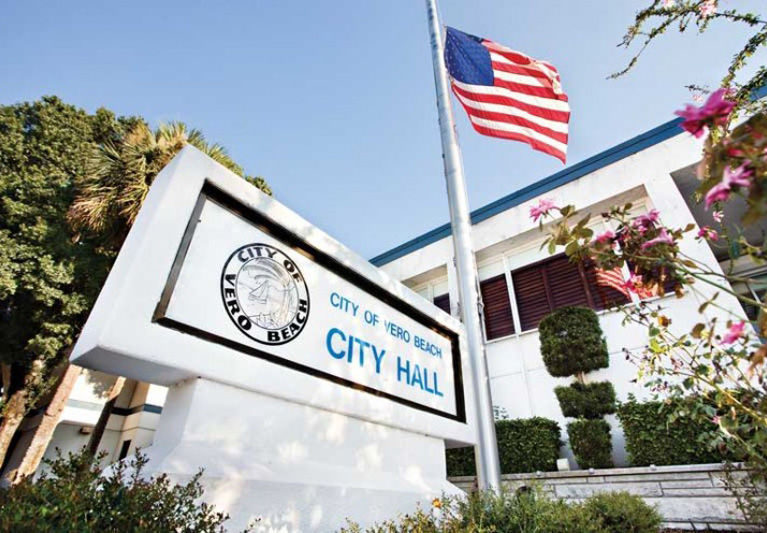
Vero Beach voters had a special election this week because of a dispute over whose responsibility it was to make sure Linda Hillman signed all her paperwork.
Part of the argument used in court by Hillman’s attorney, before the case was settled, was that Florida Statute should be applied to the local Vero election. The portion of state law Hillman’s Tallahassee lawyer liked was the part that appears to require state elections officials to notify candidates if something, such as a signature or a document, is missing and to give the candidate a chance to fix the paperwork.
That application of state statute over a municipal election, as Hillman’s attorney pushed for, would have shifted the responsibility for making sure the submitted documents were complete from candidate Hillman to City Clerk Tammy Bursick.
Vero’s attorneys argued that city code, not state statute, applies to city elections, and that in city code, the responsibility clearly falls on the candidate alone.
Circuit Judge Paul Kanarek never got to rule on this fine point of law. Before the trial date, the city agreed to hold a special election with Hillman on the ballot.
In the wake of the botched election, the Vero Beach City Council last week voted to change the city code to be a bit more in line with state law – but one council member said the changes may have made the legal water even muddier.
The updated Vero ordinance says the city clerk, as chief municipal elections official, should notify a candidate if the clerk notices something not right with the paperwork. If the clerk does not notice, the ultimate responsibility still rests on the candidate submitting the paperwork.
“This makes the city’s code similar to the (state) statute, but also clarifies that the candidate is responsible even if the clerk fails to identify a missing or incomplete document,” Acting City Attorney Kira Honse advised the council of the proposed changes before the vote.
Councilwoman Laura Moss protested the changes, saying that the code was clear as is and the responsibility falls squarely on the candidate and no one else and that the changes make the code contradict itself – making the question whether or not the clerk notices or admits to noticing incomplete documents. That is a fuzzy matter that just invites further problems, Moss said.
Mayor Harry Howle, seeing no need to re-open the whole messy case, thanked Honse for her work on the ordinance and said he was grateful the matter was over. As part of the settlement, neither party was supposed to air grievances about the other, or second guess the outcome.
Some changes to the code do seem to clarify and simplify the election qualification process. The new ordinance states that when the city accepts and deposits a check for qualifying fees, that does not automatically mean a candidate is duly qualified. It also states that the city clerk can make eligibility decisions on his or her own, without review by the canvassing board.
The changes also shortened the period during which the city clerk is allowed to accept most qualifying paperwork. In the case last fall, Hillman had turned in her entire candidate packet in July for a November election, instead of waiting for the qualifying period. City Hall held onto the documents for months before the missing signature was discovered.
On the last day of qualifying, paperwork will be due no later than noon, five hours prior to pulling candidate names out of a hat for ballot order at 5 p.m.
“This will provide the clerk time to review any last minute submissions prior to providing names to the supervisor of elections,” Honse told the council.



